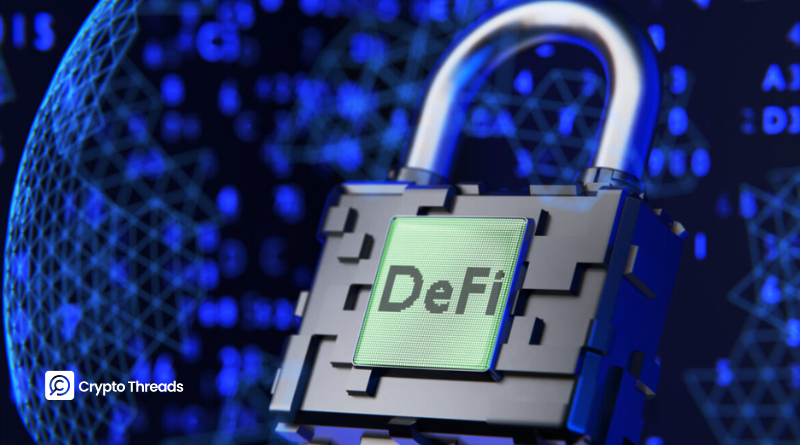US Treasury’s DeFi ID Plan Sparks Privacy Backlash
- US Treasury considers embedding digital ID into DeFi smart contracts under the GENIUS Act.
- Supporters argue it could block illicit finance and simplify compliance.
- Critics warn it risks turning DeFi into surveillance, eroding privacy and pseudonymity.
- Billions without IDs could be excluded from DeFi access.
- Alternatives like zero-knowledge proofs (ZKPs) and decentralized identity (DID) offer privacy-preserving solutions.
The US Treasury is weighing a controversial plan to embed identity checks directly into decentralized finance (DeFi) smart contracts — a move critics say could hollow out the foundations of permissionless finance.
The proposal, part of the recently signed GENIUS Act, would see users verify government-issued IDs, biometrics, or digital certificates before completing on-chain transactions. Supporters argue it would help combat money laundering and criminal use of DeFi platforms by automating compliance at the protocol level.
However, critics warn the plan risks transforming DeFi into a surveillance system. Mamadou Kwidjim Toure, CEO of Ubuntu Tribe, compared the measure to “putting cameras in every living room,” arguing that linking government IDs to blockchain wallets would permanently trace transactions to real-world identities, undermining pseudonymity.
Privacy advocates caution the system could allow governments to censor, blacklist, or even automate tax collection through smart contracts. Beyond privacy concerns, the policy could exclude billions without formal identification, disproportionately affecting migrants, refugees, and the unbanked.
Instead, many point to privacy-preserving tools like zero-knowledge proofs (ZKPs) and decentralized identity (DID) standards, which allow compliance checks without revealing full identities. Critics stress these approaches can balance regulation with the core values of DeFi — privacy, openness, and accessibility.
Final Thought
The US Treasury’s plan underscores a growing global tension: whether compliance can be achieved without sacrificing DeFi’s permissionless ethos. For now, the debate pits surveillance risks against the promise of privacy-preserving innovation.



